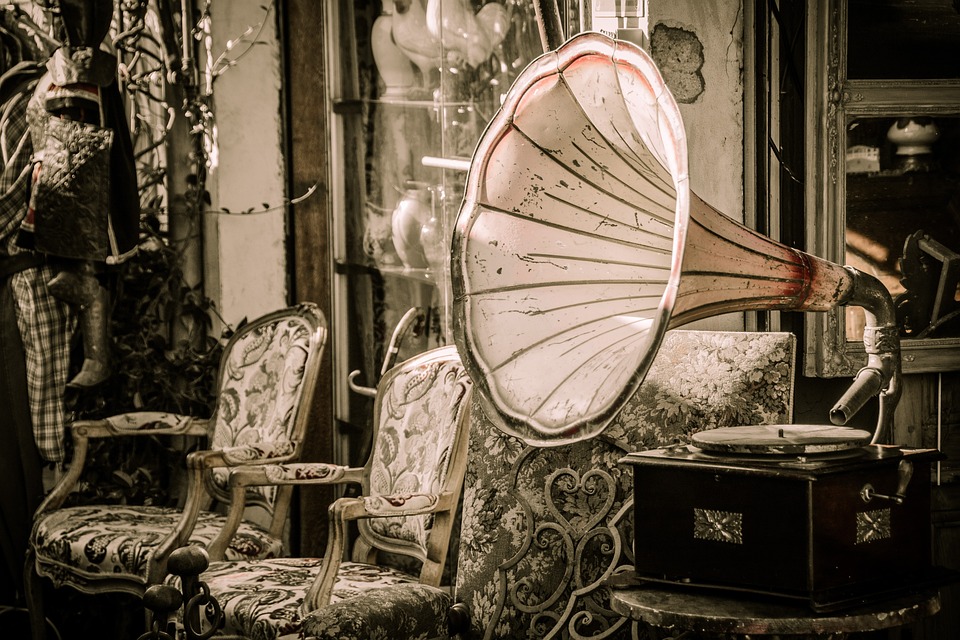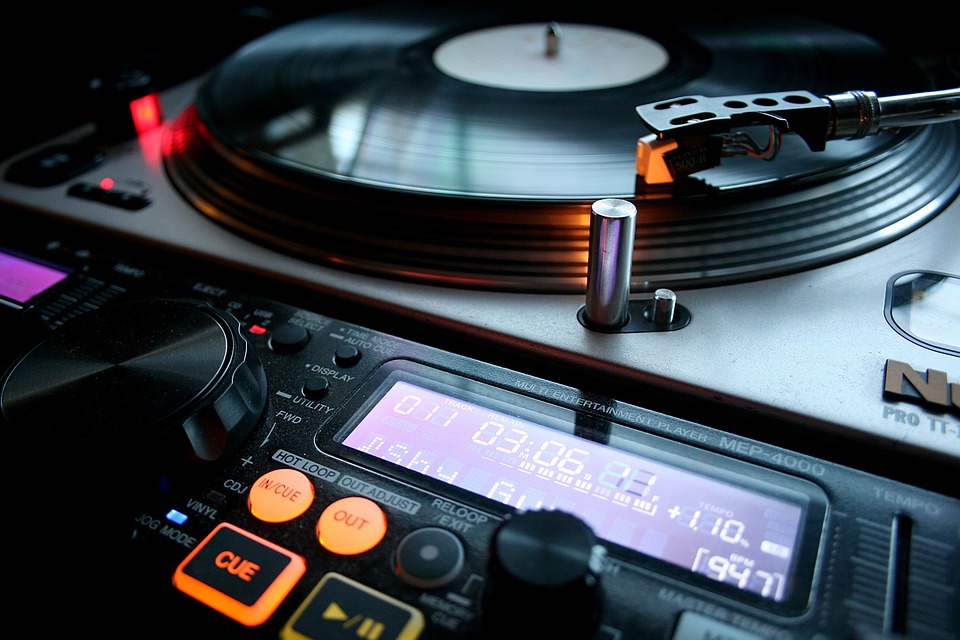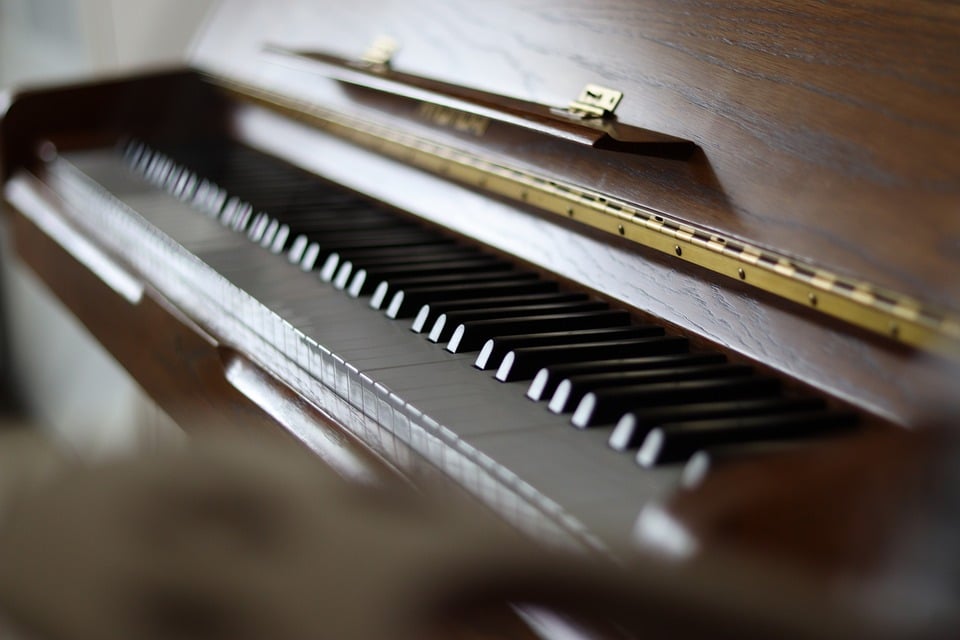Introduction
Have you ever noticed that your favorite songs sound incredible when you listen through headphones but seem flat or lackluster on speakers? This phenomenon can be frustrating, especially if you enjoy sharing music with others. In this article, we will explore the reasons behind this discrepancy and how headphones can enhance your listening experience.
Understanding Sound Quality
Sound quality refers to how well audio is reproduced compared to the original recording. Several factors contribute to sound quality, including the audio source, the playback device, and the environment in which you are listening. Headphones often provide a more intimate and immersive experience, allowing you to appreciate the nuances in music that may be lost on speakers.
When you listen to music on headphones, the sound is directed straight into your ears. This direct connection minimizes interference from external noise and environmental factors, allowing you to hear the finer details of the music. On the other hand, speakers rely on sound waves traveling through the air, which can lead to distortion and loss of clarity, especially in less-than-ideal listening environments.
The Role of Headphone Design
Headphones come in various designs, each affecting sound quality differently. Over-ear headphones, for instance, create a seal around your ears, blocking out external noise and enhancing bass response. This design allows for a fuller sound, making the music feel more alive and vibrant.
In-ear headphones, or earbuds, also have their advantages. They fit snugly in your ear canal, providing good isolation from outside noise. This can lead to a more personal listening experience where you can hear the music’s details without competing sounds from your environment. The design of headphones plays a crucial role in how sound is perceived, contributing to the overall enjoyment of the music.
The Impact of Surrounding Environment
The environment where you listen to music significantly affects how it sounds. When using speakers, the acoustics of the room can create reflections and distortions that alter the sound. For example, hard surfaces like walls and floors can bounce sound waves, leading to echoes and muddiness. This can make it difficult to appreciate the clarity of the music.
In contrast, headphones provide a controlled listening environment. They eliminate many of the variables present in a room, allowing you to focus solely on the music. This is particularly beneficial for genres that rely heavily on intricate sound layering, such as classical or electronic music, where every note and detail matters.
Frequency Response and Headphones
Frequency response refers to the range of frequencies a device can reproduce, from low bass notes to high treble sounds. Headphones typically have a better frequency response than many speakers, especially those that are not designed for high-quality audio. This means you can hear a wider range of sounds and enjoy a more balanced audio experience.
Many headphones are engineered to enhance specific frequencies, such as bass or treble. This tuning can make music sound richer and more engaging, helping to bring out the emotional elements of the songs. If you are accustomed to listening to music on headphones, you may find that speakers do not deliver the same level of satisfaction due to their limited frequency response.
Soundstage and Imaging
Soundstage refers to the perceived space and directionality of sound in a recording. Headphones can create a more precise soundstage, allowing you to pinpoint where each instrument is located within the mix. This is particularly important for genres like jazz or orchestral music, where the placement of instruments can significantly impact the listening experience.
On speakers, the soundstage can become blurred due to room acoustics and speaker placement. Headphones, however, can provide a clearer imaging experience, making it easier to identify different instruments and vocals. This clarity can enhance your overall enjoyment and understanding of the music.
Dynamic Range and Headphones
Dynamic range refers to the difference between the quietest and loudest parts of a recording. Headphones often excel in reproducing dynamic range, allowing you to hear soft passages and loud crescendos with equal clarity. This capability can make music feel more dramatic and engaging.
Speakers, particularly those that are not designed for high-fidelity sound, may struggle with dynamic range. You might find that quieter sections are lost in the background noise of the room, while louder sections can become overwhelming. Headphones can help mitigate these issues, providing a more balanced listening experience.
Personal Listening Preferences
Your personal listening preferences can also play a significant role in why music sounds better on headphones. Many people enjoy the immersive experience that headphones provide, allowing them to get lost in the music without distractions. This personal connection can enhance emotional responses to the music, making it feel more impactful.
Additionally, using headphones allows for more privacy in your listening experience. You can enjoy your favorite tracks without disturbing others or being disturbed by external noise. This can lead to a more enjoyable experience overall, as you can fully focus on the music.
Quality of Headphones
The quality of the headphones you use can dramatically affect how music sounds. High-quality headphones are designed to reproduce sound accurately, providing a clearer and more detailed listening experience. Cheaper headphones may not deliver the same level of sound quality, leading to a less satisfying experience.
Investing in a good pair of headphones can make a significant difference in how you perceive music. Features such as noise cancellation, sound isolation, and comfortable fit can all contribute to a better listening experience. If you’re serious about music, it’s worth considering upgrading your headphones to truly enjoy what your favorite tracks have to offer.
Conclusion
In conclusion, the reasons why music sounds better on headphones than on speakers are multifaceted. From the design and quality of headphones to the impact of the listening environment and personal preferences, each element plays a crucial role. By understanding these factors, you can enhance your listening experience and appreciate the music you love even more. Whether you prefer the intimacy of headphones or the communal aspect of speakers, each has its place in the world of music enjoyment.
FAQs
1. Can I improve the sound quality of my speakers?
Yes, you can improve the sound quality of your speakers by ensuring they are properly positioned, using high-quality audio cables, and optimizing the acoustics of your listening environment. Adding sound-absorbing materials and adjusting speaker placement can also help.
2. Are expensive headphones worth the investment?
Expensive headphones often provide better sound quality, comfort, and durability. If you are passionate about music and value a high-quality listening experience, investing in a good pair of headphones can be worthwhile.
3. Do all headphones sound the same?
No, not all headphones sound the same. Different models have varying sound signatures, frequency responses, and levels of comfort. It’s essential to try different headphones to find the one that suits your preferences best.
4. How can I make my music sound better on speakers?
To make your music sound better on speakers, consider upgrading your audio source, using high-quality speakers, and optimizing your room’s acoustics. Experimenting with speaker placement and using a good amplifier can also improve sound quality.
5. Is it better to listen to music on headphones or speakers?
It depends on personal preference and the listening context. Headphones offer a more immersive and private experience, while speakers allow for shared listening and a different sound experience. Both have their advantages and can be enjoyed at different times.


